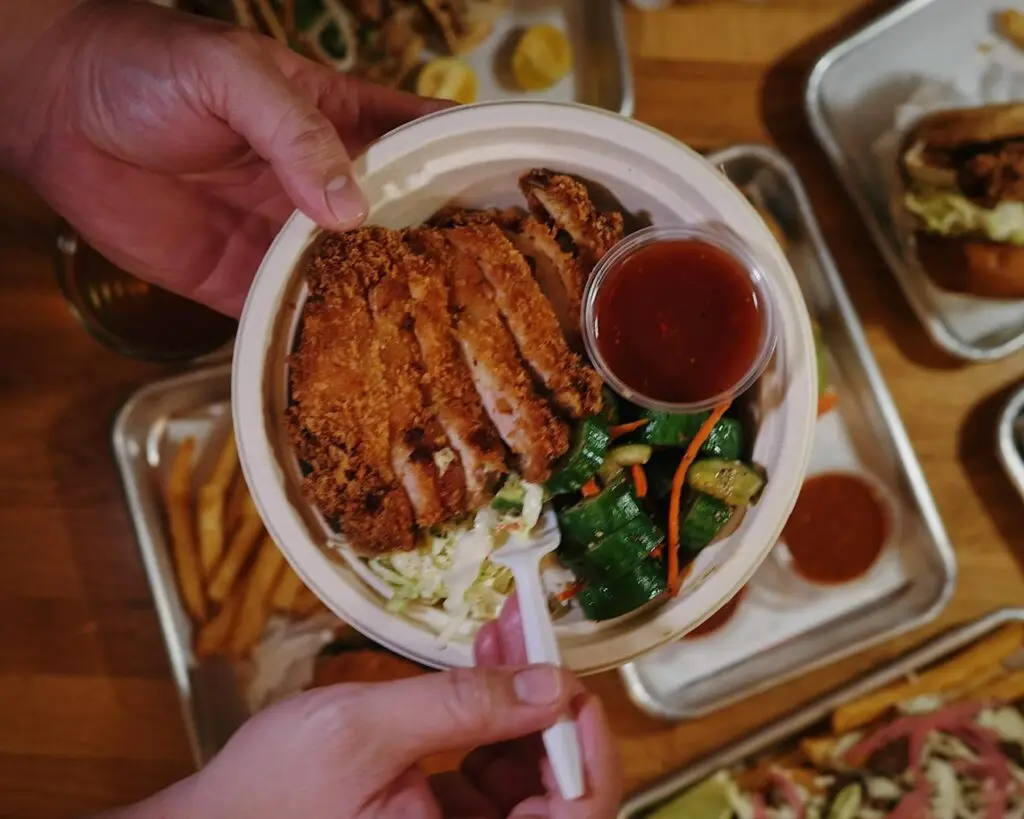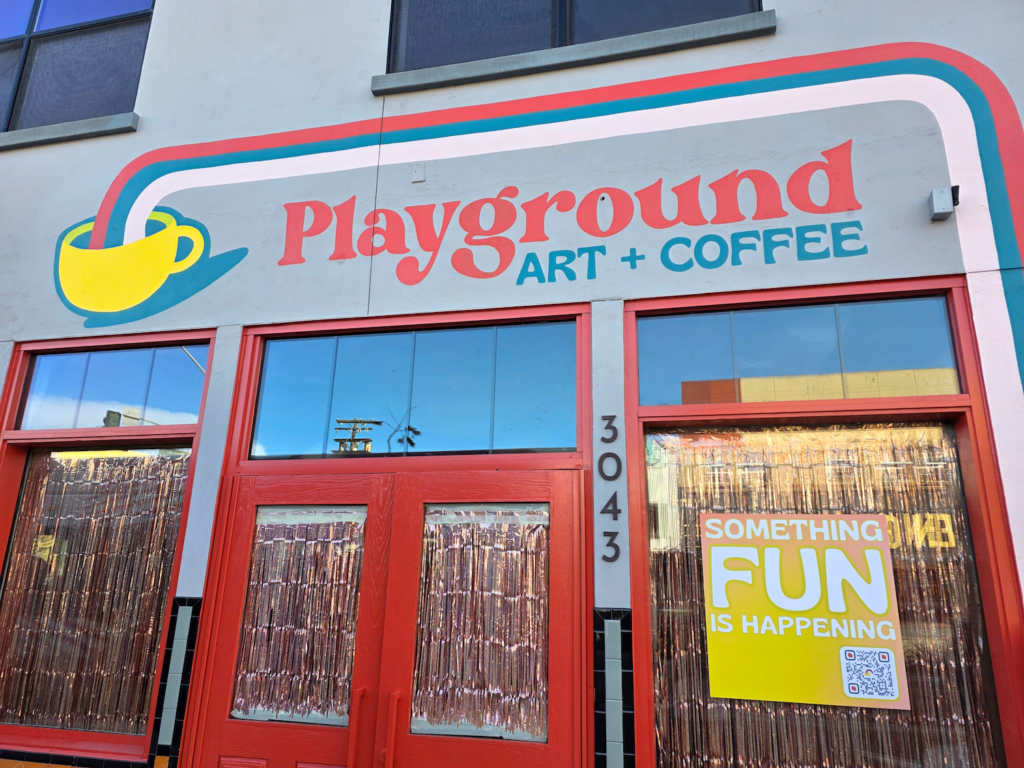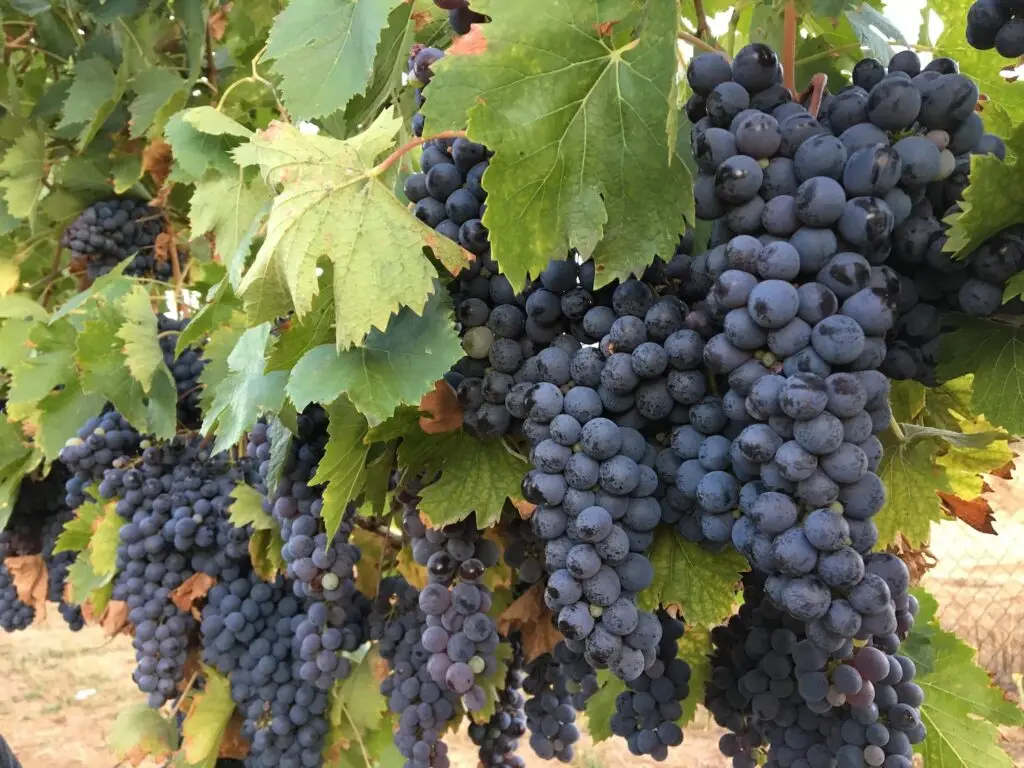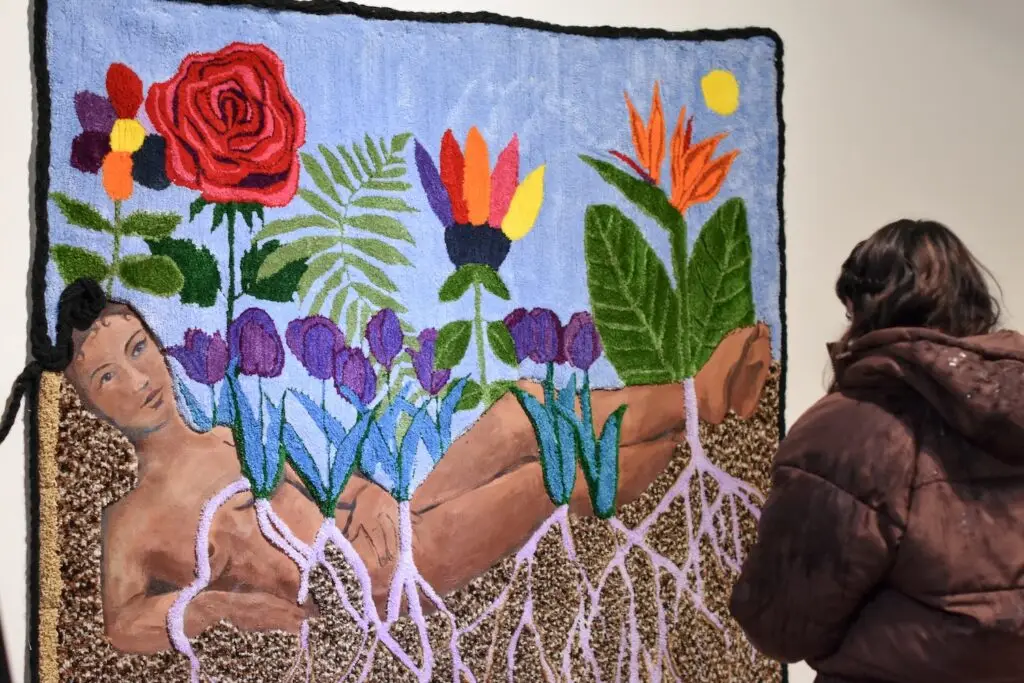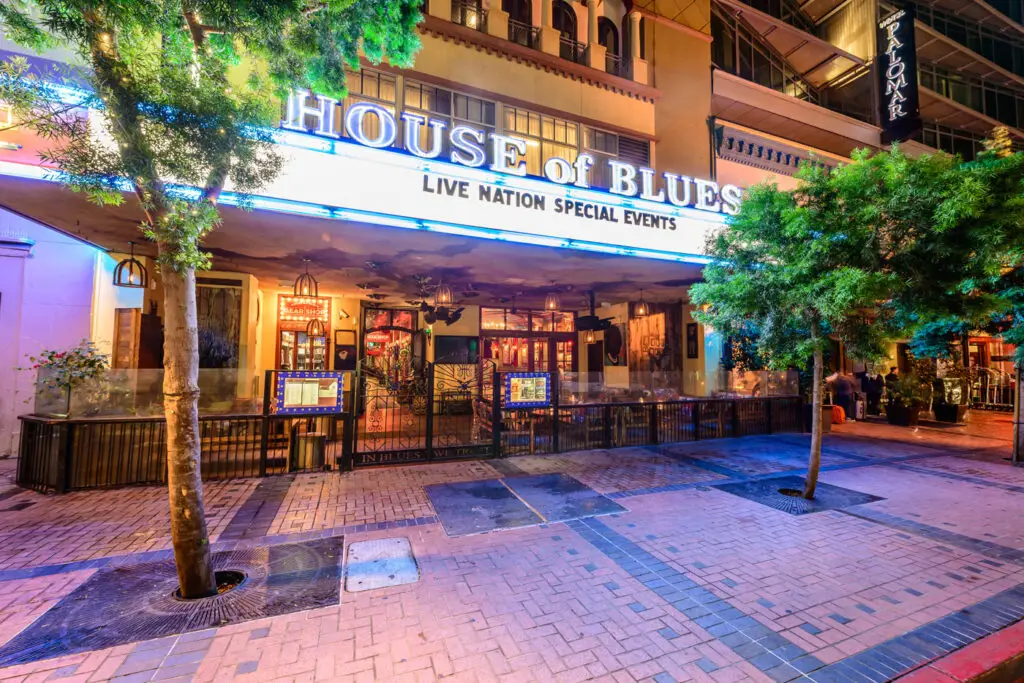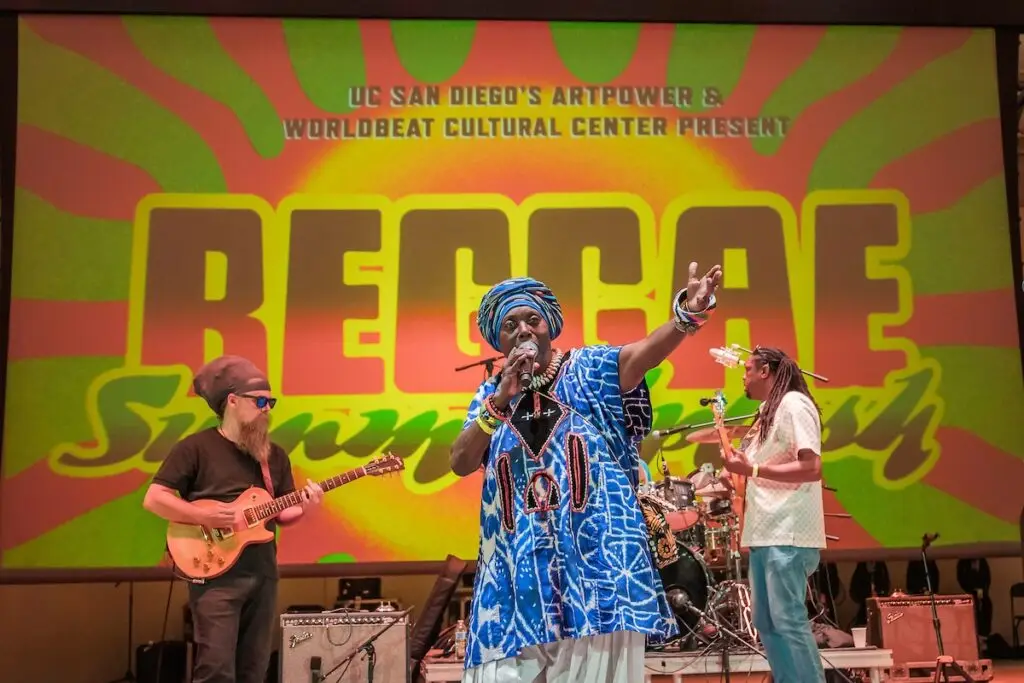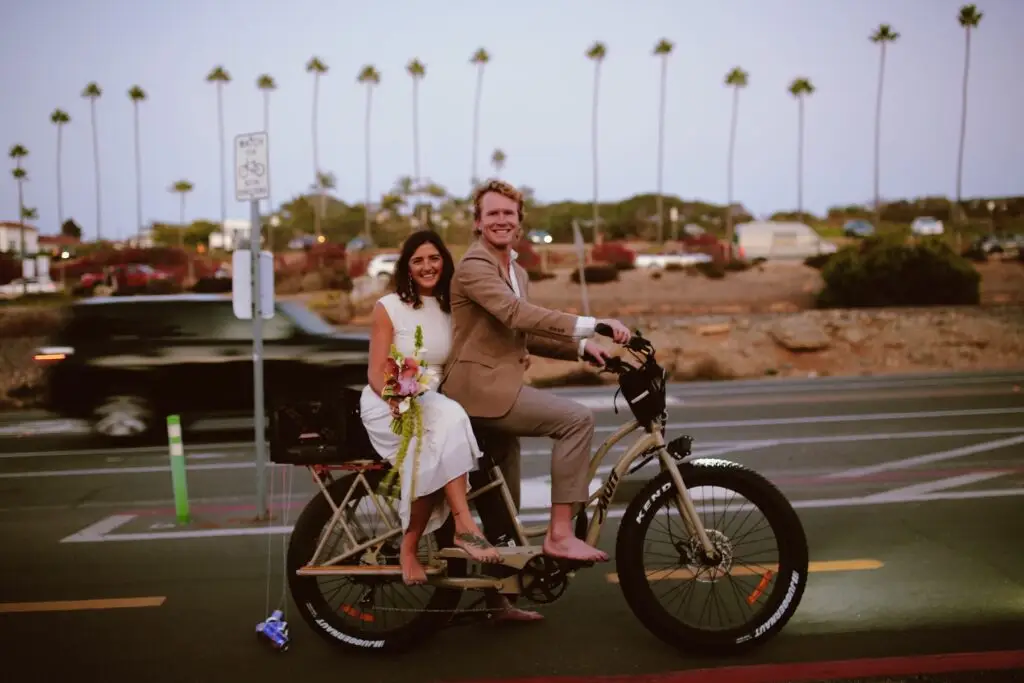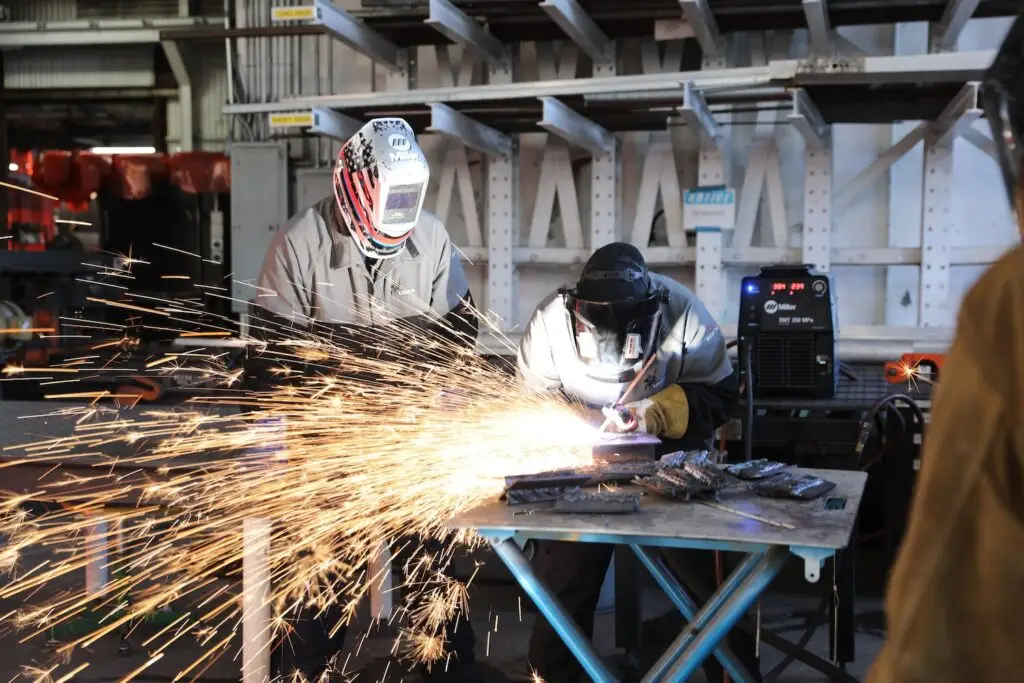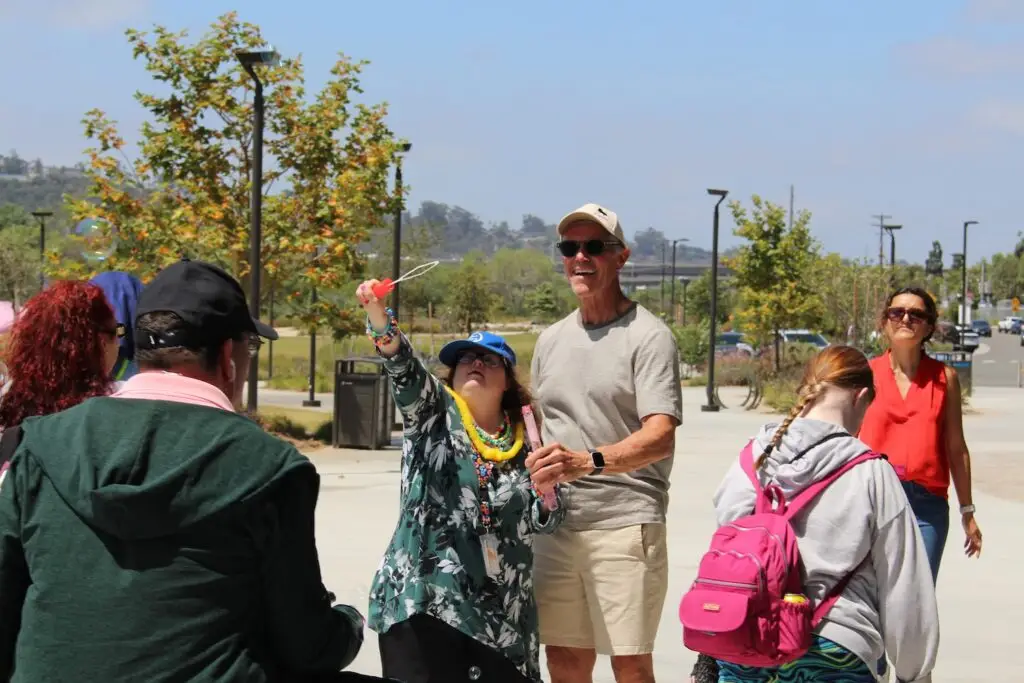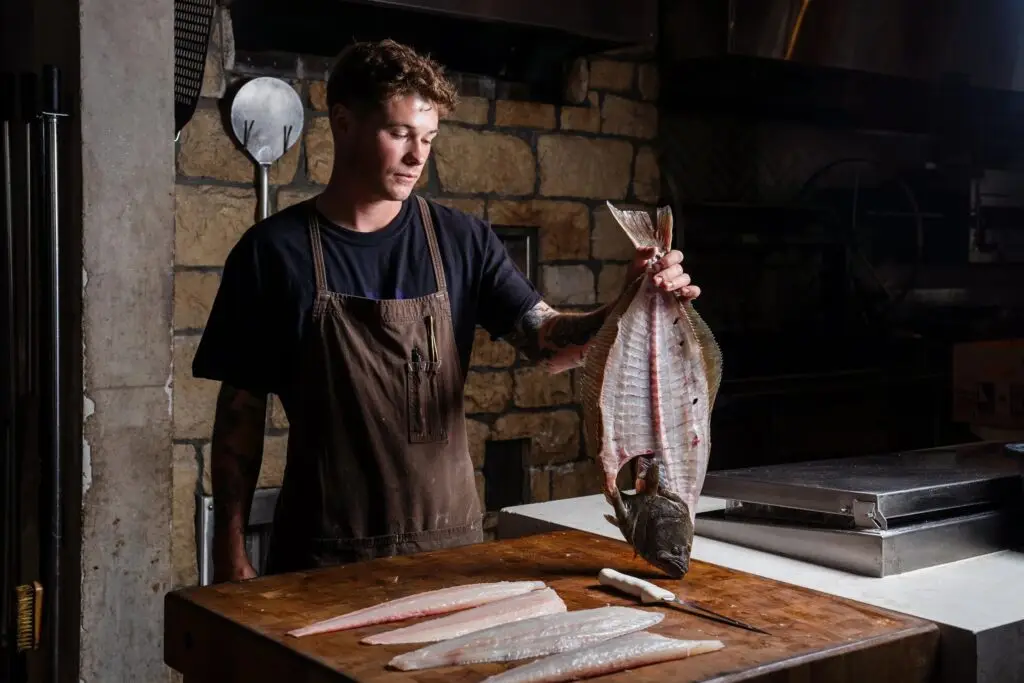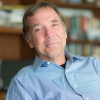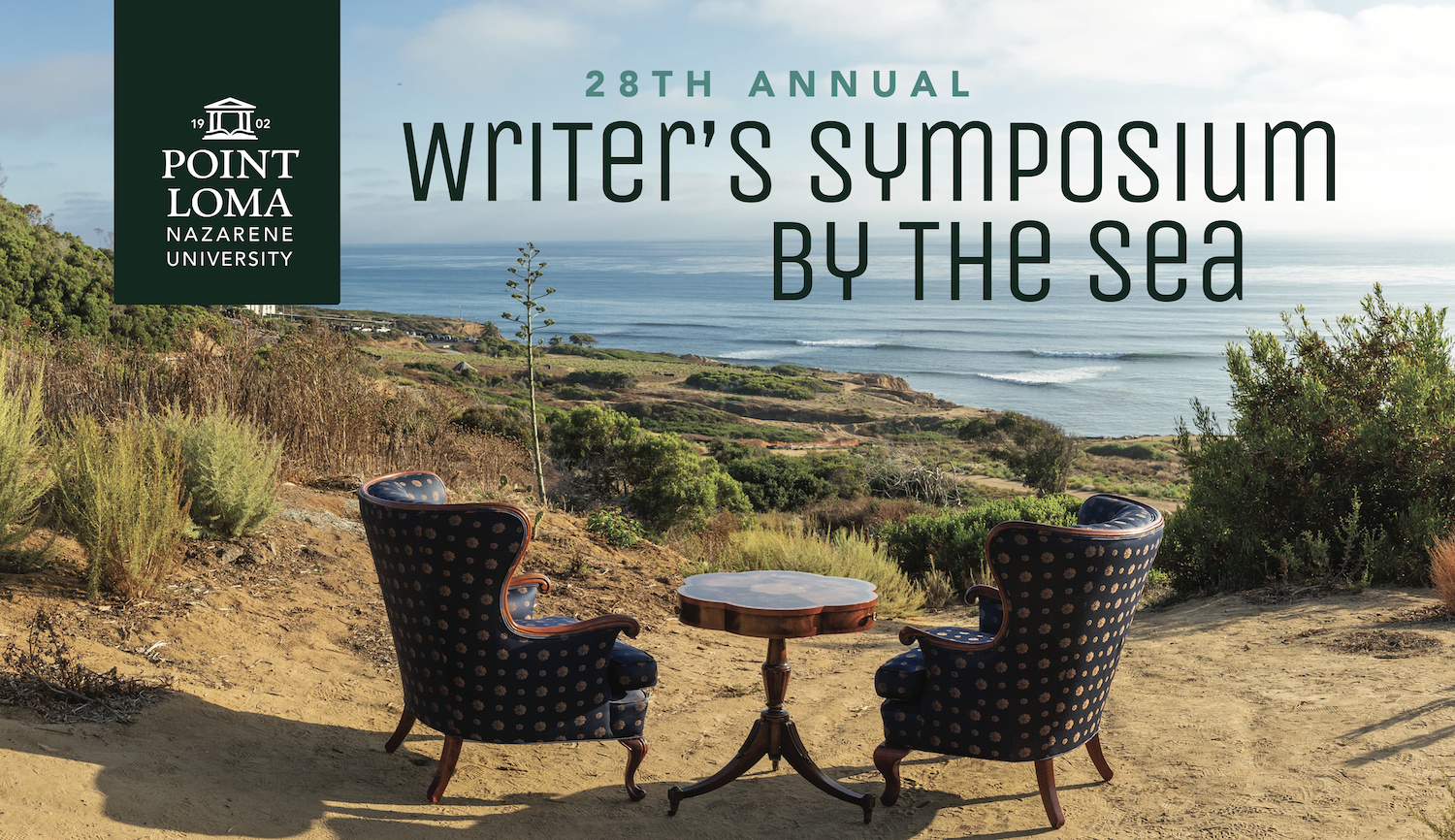
Writer’s Symposium
Twenty eight years ago I was teaching journalism in San Diego and writing about the border for the Boston Globe, when someone handed me a copy of Joe Wambaugh’s book, Lines and Shadows. The book took my breath away.
It was funny, tragic, moving, infuriating, and it did what any good piece of literature (in this case, nonfiction) should do: it complicated my thinking.
A few months later I was trying to get local writers to come to my campus at Point Loma Nazarene University to talk about the craft, and I invited Wambaugh. He lives just a few blocks from the school, and I thought it would be an easy request. Just come to campus, talk about writing and your career (Los Angeles Police Detective, famous writer), I suggested.
He said no. He didn’t give talks, he said. But at the bottom of his terse rejection, he added: “But if someone wants to ask me some questions, I’ll come and do that.”
I got UCSD-TV to record it. I prepared like crazy. And, thankfully, the interview went well. Afterward, several people mentioned that the format was a lot more interesting than just having a writer come give a talk or a reading. The Writer’s Symposium By The Sea was born.
Over the years we’ve been able to attract some of the world’s great writers. Even though I prepare extensively for these interviews, they don’t always go as planned. With Ray Bradbury, I had dozens of questions for him, but asked maybe three or four. His answers were so long—rants, really—and they were so funny and insightful, that I had the thought, “No one came to hear me ask Ray Bradbury questions. They came to hear Ray Bradbury talk. Let it go.”
I sat back in awe as he jumped from topic to topic like a preacher who had one last sermon. So in reality, I was on the stage with Ray Bradbury, but I’m not sure I actually interviewed him.
The writer Anchee Min surprised us all when she jumped to her feet in the middle of our interview and demonstrated how she was trained in China to kill Americans if they invaded her country—the invasion was imminent, she and her fellow citizens were warned. She followed that up by telling us she eventually married a member of the U.S. Marine Corps. She ended her interview by singing an aria from a Chinese opera she had participated in as a young woman.
It was spectacular. Glad we had a wireless microphone on her.
And speaking of singing, when Cornel West was at our Symposium last year, after we discussed Tolstoy, Kierkegaard, Prince, Curtis Mayfield and Critical Race Theory, he began to sing the old Gospel tune “I’ll Fly Away.” I know the song, and sang it with him. When we were done, he reached over then grabbed my hand. That’s how we ended the interview.
I thought I was in big trouble with Kareem Abdul-Jabbar—not during the interview, but after. He and I walked into the lobby to the book signing table, and at the front of the line was an older white man. There were hundreds of people in line, and it was loud. Once Kareem was seated at the table, the man leaned close to Kareem and said something I did not hear. But the basketball legend shot to his feet and looked distressed.
He shouted for his assistant to come over immediately. I joined her, feeling acid draining into my stomach. What had the man said to Kareem that got this kind of reaction? “I owe this man everything,” Kareem announced. The man was George Hejduk, an 80-year-old retired baller who lives in Encinitas.
Hejduk taught Kareem the sky hook—the shot that was impossible to stop, and led to Kareem’s being the NBA all-time leading scorer. They hadn’t seen each other since Kareem was in sixth grade in New York, and Hejduk was a college basketball player who was asked to work with this gangly six-foot-six youngster who couldn’t shoot.
What I interpreted as his distress was actually joy. It was like a family reunion. My interview with Kareem was memorable, but this moment at the book signing table was even better. You never know what’s going to happen at these events.
Feb. 20-24 (our 28th year), our streak continues. All of the writers coming this year have won Pulitzer Prizes.
![Maria Hinojosa[82].jpg](/wp-content/uploads/2023/08/1cecc311dfe8296636ff27a34ebcef51.jpg)
Maria Hinojosa[82].jpg
Maria Hinojosa is a media legend. Because she felt that women—especially Latinas—were not represented well in the media, she founded her own company, Futuro Media. She also hosts the NPR program Latino USA and the podcast Suave. Her books include Once I Was You, and Raising Raul. As a journalist, she focuses on issues important to San Diego—immigration, the border, and human rights.
![N. Scott Momaday[61].jpg](/wp-content/uploads/2023/08/a69e3906a1f509a4d4c2b273fc99eac7.jpg)
N. Scott Momaday[61].jpg
N. Scott Momaday’s writing from his Native American perspective takes the form of novels, poetry and plays. His books House Made of Dawn, and The Way To Rainy Mountain are his most famous, but he has dozens of volumes of poetry, which he considers his first love.
![Anthony Doerr[98].jpg](/wp-content/uploads/2023/08/ae2b784fab6e22e797360ffb31982230.jpg)
Anthony Doerr[98].jpg
Anthony Doerr is an electrifying writer. His books All the Light We Cannot See, and Cloud Cuckoo Land are some of the best books you’ll ever read.
![finnegan capture[76].PNG](/wp-content/uploads/2023/08/12746afe895099be0ec1330899bd5f23.png)
finnegan capture[76].PNG
William Finnegan, who writes for the New Yorker, has a surfing memoir called Barbarian Days. Some of his descriptions of the ocean will remind you of Melville. It’s brilliant.
The format for the events will be the same as it was with Wambaugh, all those years ago. I’ll interview Doerr, Hinojosa, and Momaday. My colleague Ben Cater will interview Finnegan, surfer to surfer. The only difference this year is that since Dr. Momaday is experiencing some health challenges (he’s 88), I’ll be bringing the Writer’s Symposium to him in his home in New Mexico. It will be televised once again by UCSD-TV.
The purpose of the Writer’s Symposium By The Sea is to inspire, model, and celebrate great writing. The life-deepening conversations with these writers might make you consider awakening the writer hibernating within you. Thanks, Joe, for the great idea!
PARTNER CONTENT
Tickets and more information for the Writer’s Symposium.
